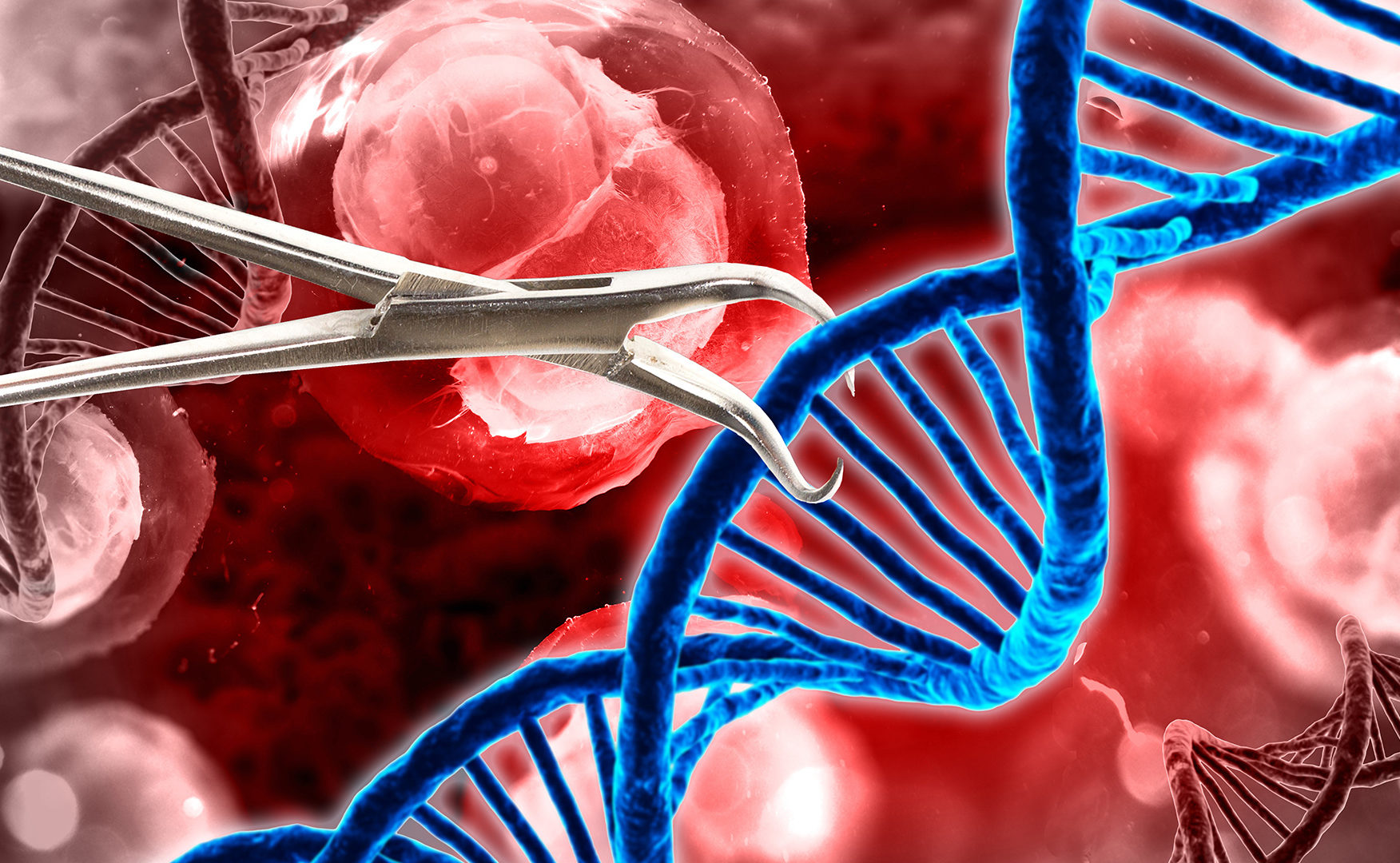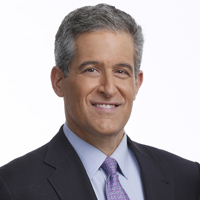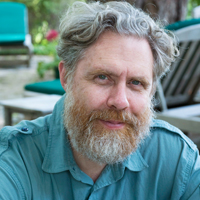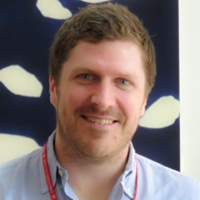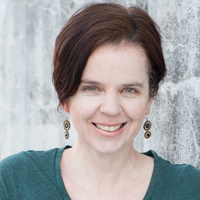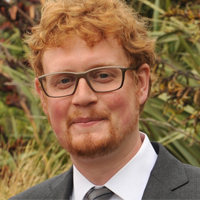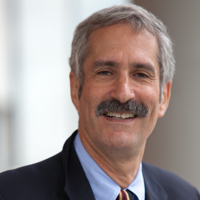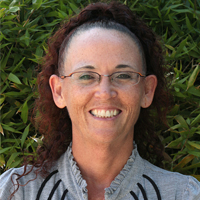CRISPR: It’s the powerful gene editing technology transforming biomedical research. Fast, cheap and easy to use, it allows scientists to rewrite the DNA in just about any organism—including humans—with tests on human embryos already underway. The technique’s potential to radically reshape everything from disease prevention to the future of human evolution has driven explosive progress and heated debate. Join the world’s CRISPR pioneers to learn about the enormous possibilities and ethical challenges as we stand on the threshold of a brave new world of manipulating life’s fundamental code.
This program is part of the Big Ideas Series, made possible with support from the John Templeton Foundation.







